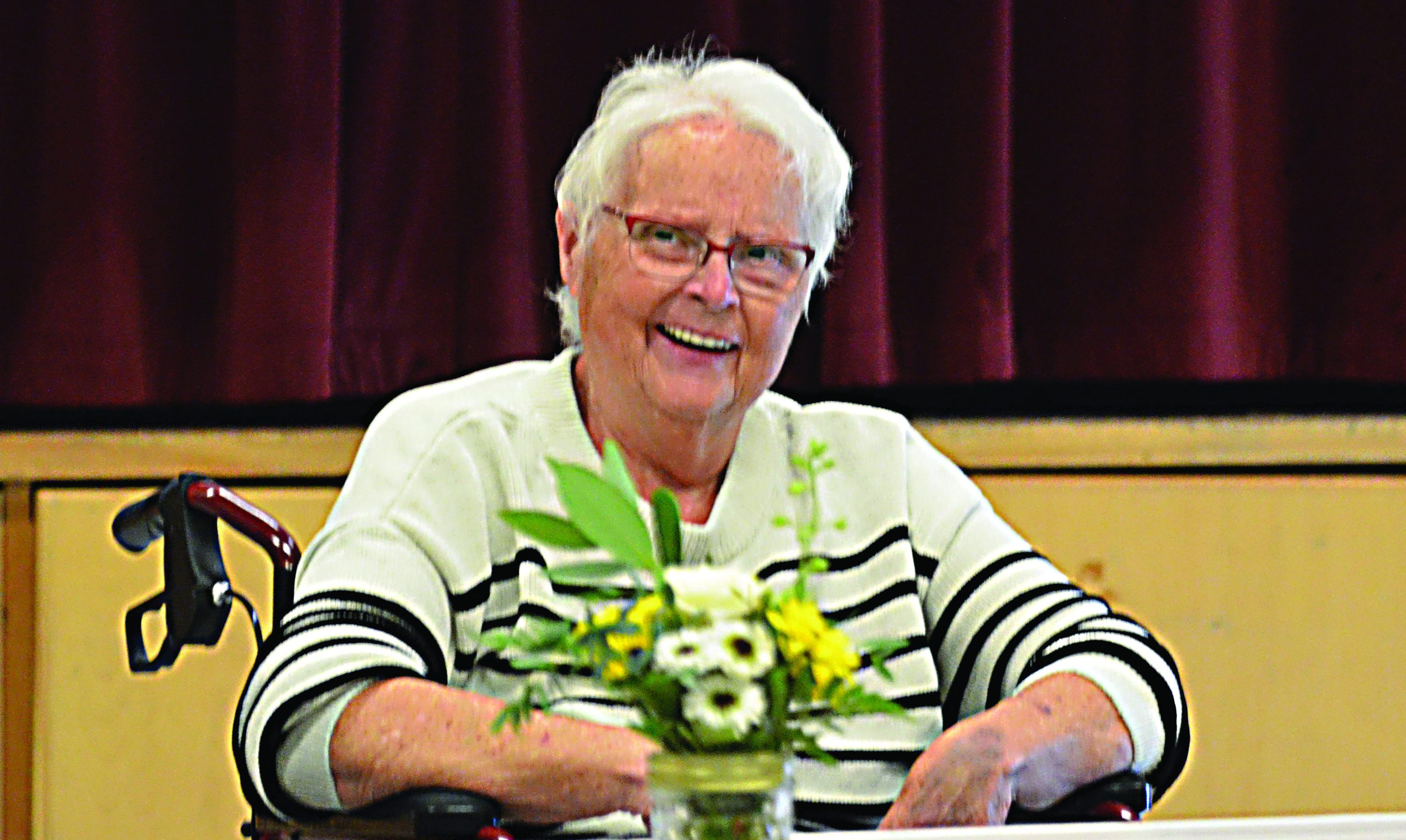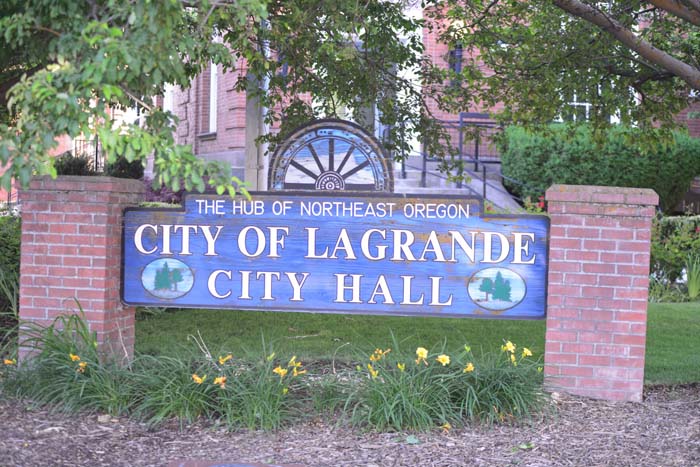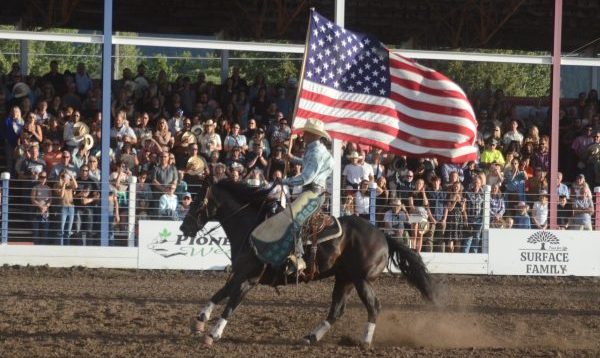Going native
Published 6:00 am Wednesday, June 12, 2019
For anyone who is even mildly aware of plants, the term “invasive species” can raise hackles. To farmers, ranchers and backcountry affecianodes, most invasive species are an anathema. So it’s curious that the seeds and bulbs of plants that seem to harbor nothing but malice are still freely available, especially if you order up fragrant and attractive plants from a distant on-line source.
This is actually the way that many invasive species first got their tendrils into our landscape. Dalmatian toadflax—a perennial scourge of rangelands—was imported and sold by nurseries because it has lovely yellow flowers. Its puffy, golden blooms sometimes enrapture hikers who don’t know that it is a pernicious invader. Purple loosestrife, another alien from Europe, bears lovely blossoms. It also replaces wetland plant s like cattails and equisetum, leaving an ecological moonscape that offers poor shelter and little habitat for waterfowl and other marsh denizens. The list of malicious invaders imported and distributed by well-meaning gardeners (and even conservationists) is long. Scotch Broom, gorse, Russian olive, leafy spurge, English Ivy, kudzu, Chinese wisteria, Japanese honeysuckle, Japanese knotweed, Reed canary grass, and the list goes on. In 1999 the U.S. Department of agriculture was given the authority to regulate interstate movement of federal noxious weeds’ seeds and rootstock, including both herbaceous and woody species. However, given the vast number actual and potential invasive species, mail-order and internet nurseries may not check or list to see whether a plant is listed as—or could be—invasive where the person ordering it lives. In a paper published in the journal BioScience, researchers Sarah Hayden and Peer White found that 82 percent of invasive woody species in the U.S. had been introduced as ornamental or other nursery stock. About 60 percent of all invasive plant species in Australian were intentionally introduced for horticulture.
Trending
Does this mean that you can plant only natives, and probably non-showy ones at that? No. But it does suggest that gardeners should double check the nature and possible local or regional invasive status of non-natives that they order through catalogues or online. Checking the species (that long Latin name) of what you want to plant in your garden against the specific name of the invasive relative is a good plan. For example, there are a number of spurge plants, all in the family Euphorbiaceae. The evil invasives are leafy spurge (Euphorbia esula,) and its cousin Myrtle spurge (Euphorbia myrsinite.s) While some of their spurge-like cousins like to spread, they are not considered invasives. Yet.
The same can be said of many other the very attractive and fragrant ornamental plants.
The best solution is to cultivate a good relationship with a local nursery, and buy your seeds and plants there. You will be supporting local business. And you will be far less likely to be introducing invasive plants to your neighbors and county.
There are lots of interesting plants that are cultivars or newly developed varieties of natives. For example, native ninebark has a broad green leaf and sports a tight cluster of perky white flowers. But Terry Bates, of Wallowa County Nursery in Enterprise offers ninebark shrubs with deep red leaves and pinkish flowers. It’s safe to grow. “I can’t keep it in stock,” Bates said. Other natives that might not seem showy year-round offer ecological benefits. Several years ago, bates brought some starters of milkweed plants –essential to Monarch butterflies–home from a nursery in Walla Walla. He planted them, and they now occupy a large portion of his front display area. “I’d be happy to share them with anyone who wants some,” he said. The stout plants offer a unique border—and also produce very unique blossoms.
Local nurseries that can help you find non-invasive plants adapted to Wallowa County include:
• The Flower Peddler Nursery, 71845 Dougherty Loop Road, Wallowa (541) 886-7474
Trending
• Alder Slope Nursery, 64934 Alder Slope Road, Enterprise (541) 426-3317
• Wallowa county Nursery, 118 Fish Hatchery Lane, Enterprise (541) 426-8733.









